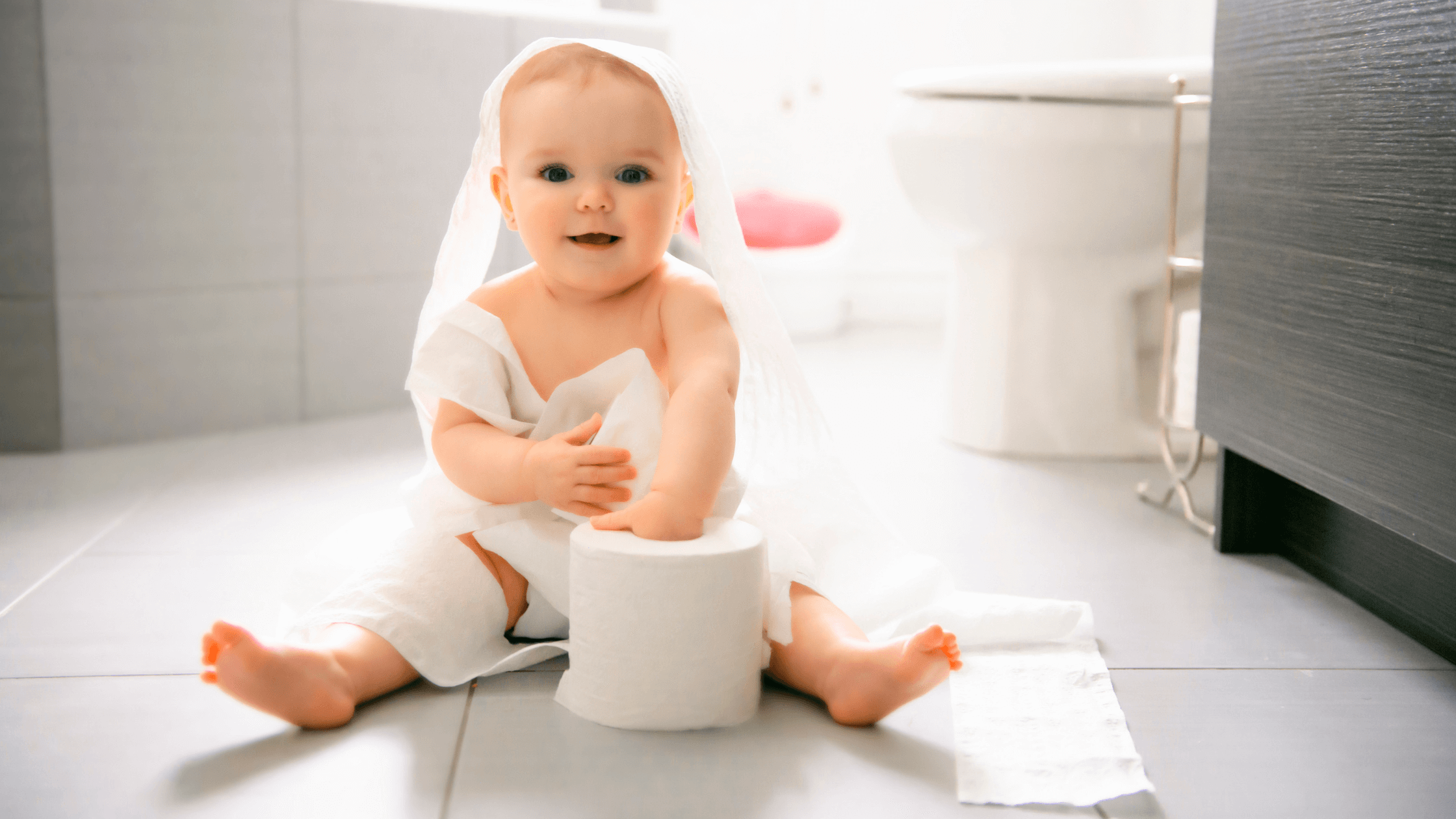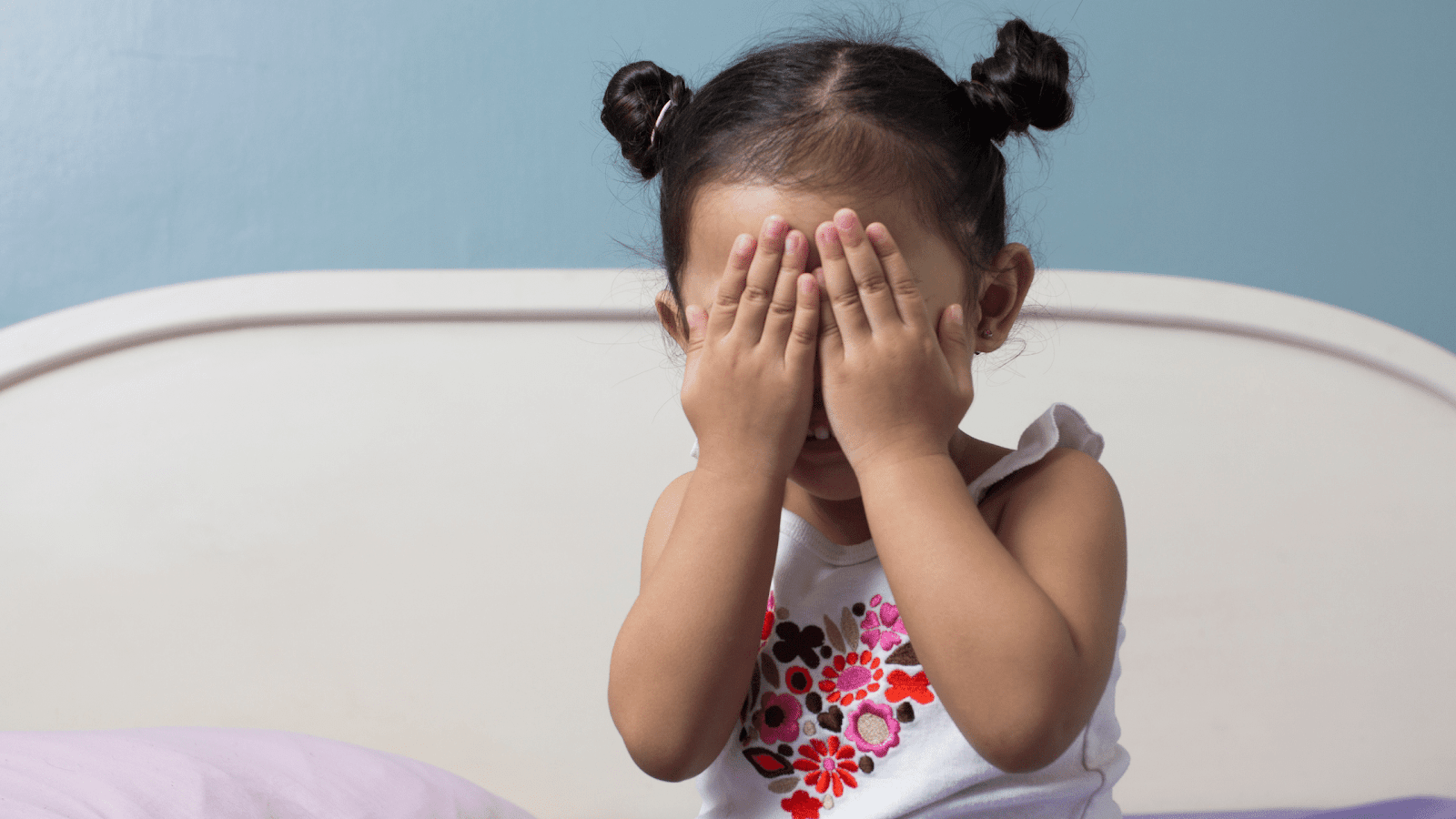Each child grows at a different pace as you have probably heard many times. So it's good to wait until your little one shows you signs that they're ready to take a potty train instead of age. Focus on whether they are ready as an adult, and avoid the temptation to compare them with other similar-age children.
How do you know your child is ready for potty training?

Your child will have to be physically ready to control their bladder and intestines at the same time that they want to be clean and dry. You may also need to follow specific rules on using the toilet or potty.
It can be difficult to know when to begin the potty training. Keeping an eye out for the usual indicators of preparation for potty training will give you a better idea of when to start it. Repeat until your child displays the following signs of preparation and, with less incidents, you'll consider potty training easier.
What are the signs my toddler is ready to be potty trained?
- You’re changing fewer wet nappies - Kids pee so frequently until the age of around 20 months that expecting them to control their bladders is likely unrealistic. But an infant who stays dry at a stretch for an hour or two — and occasionally wakes up without wetness — is physically ready for potty training.
- Your child's bowel movements are predictable - If he's getting a bowel movement in the morning, after meals, or right in front of bed, a daily routine will help you know when to take out the potty — and therefore improve his chances of success.
- Your child talks about bodily functions - Some kids gladly declare when a bowel movement is about to happen ("I'm pooping right now!"). Others communicate by less verbal means — say, by going back to a corner or making a preventive grunt. Whatever the warning, if your child indicates that he is conscious of the functions of his body, he 's ready for the potty training.
- Your child despises dirty nappies - At some stages, most infants go through a (fleeting) period where they are averse to personal messes — they're bugged with errant crumbs and sticky paws, and yeah, they 're eager to avoid their soiled nappies as soon as possible. This is a golden opportunity to kick off the potty-training period because your child dislikes their dirty nappies as much as you do for the first time.
- They are able to perform simple undressing - The potty won't be of much use when nature calls, unless your child can easily yank down his pants and pull-ups or underwear. Similarly, girls should be able to put their skirts up.
- Your child understands bathroom lingo - If you choose child-friendly terms such as "poop" and "pee" or formal language such as "defecate" and "urinate," your child would be ready for potty training if he knows and can use the words of the family for bathroom functions and any associated body parts.
Potty training is typically easier if the child is already at the last stage before they start potty training – recognising when they need a wee. That plus waiting to get to the right place might quickly make potty training
You may find that when you, your partner, or older brothers or sisters go to the bathroom, your child starts taking more interest. If it does, let them see what is going on and talk to them through the process.
If you believe your toddler is ready for potty training, read our ultimate guide on how to potty train your toddler.


